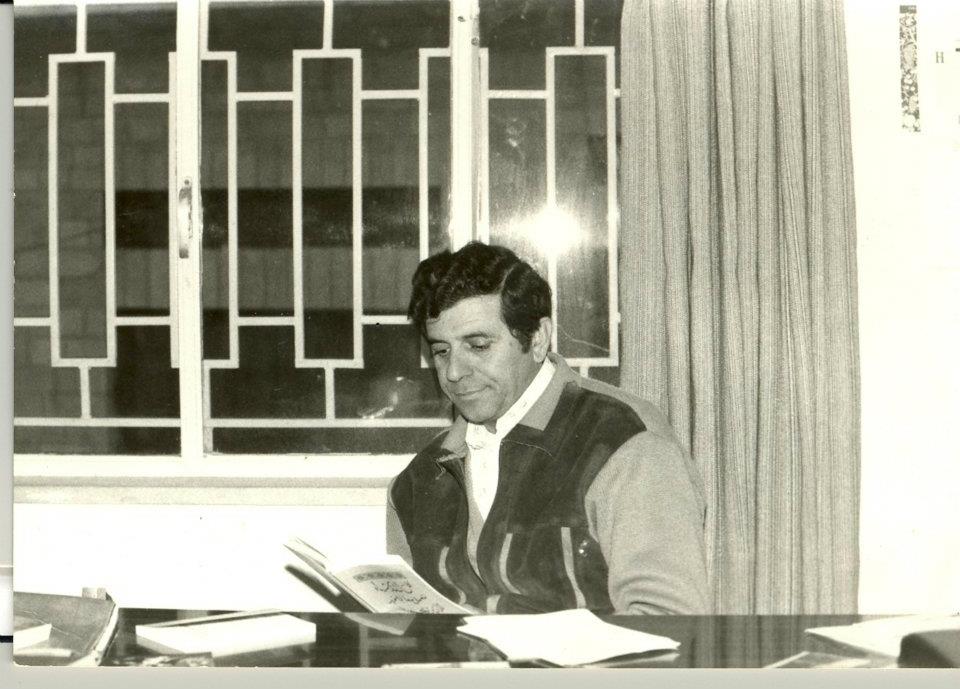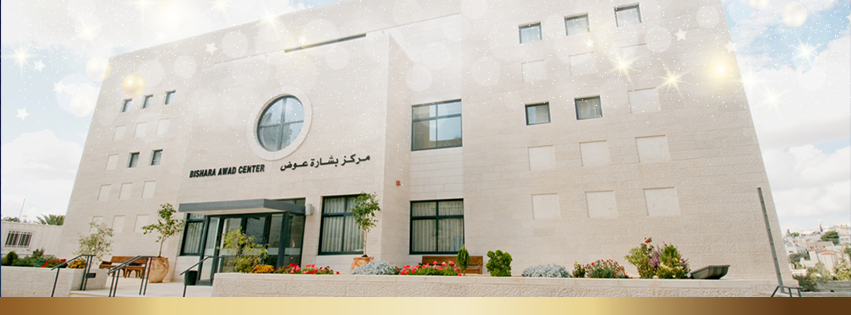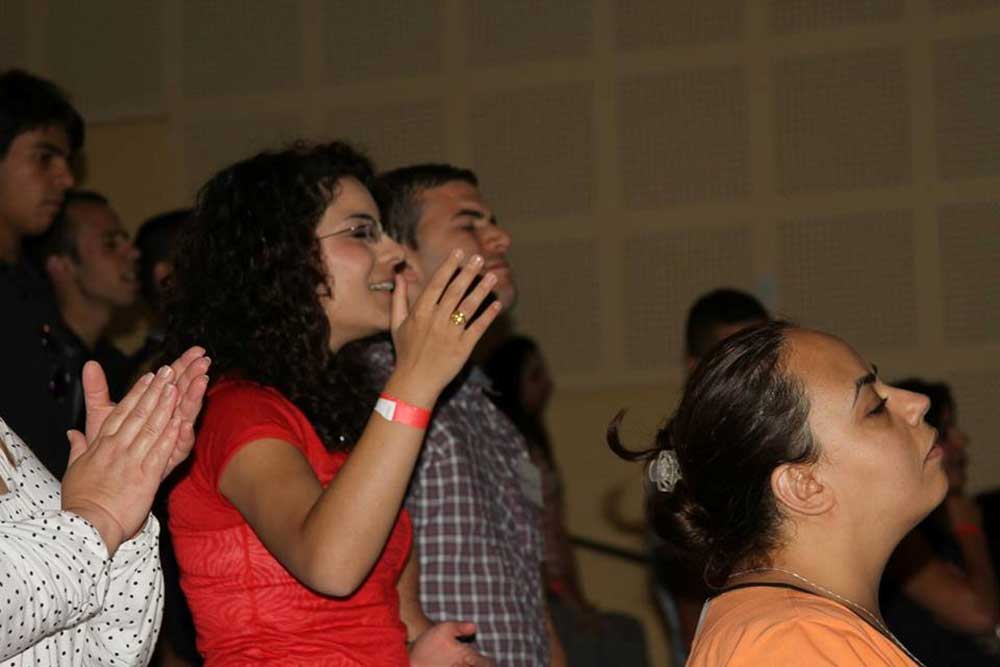The Story of Bethlehem Bible College
In 1979 Bishara Awad had recently returned to his native Palestine after studying in the United States. As Principal of Hope Christian School in Beit Jala, Bishara saw many of his students travel abroad to continue their theological education—and many never returned. Life in Palestine was difficult. The Christian population was shrinking. Would this ancient Christian community in the Holy Land disappear altogether? A dream began to grow in his heart: an Evangelical, inter-denominational Bible College in Palestine, where students could study and serve in their native land.
After presenting his idea to a group of local Arab pastors, there was unanimous agreement that such a school was necessary. A pastor from Jerusalem gave Bishara the first offering towards his dream: $20. The group formed a board with leaders from different backgrounds, including Orthodox, Catholic, Lutheran, Anglican, and Evangelical. Hope Christian School made its campus available and Bethlehem Bible College began evening classes with 9 students.
During the first few years, our courses were taught by foreign missionaries due to the lack of local Palestinians with theological training. God brought them at just the right time and their help was invaluable in laying the foundation of the College.
Over the years BBC continued to expand. In 1990, the College was in great need of larger, permanent facilities. After much prayer, God provided a new location on the busy Hebron road. The new campus had previously been used by the Helen Keller Home for the Blind.
Over the next decade we renovated the buildings; adding classrooms, a public library, a chapel, a media center, and a guesthouse. In 2010, we completed the Bishara Awad Center, a three-story building which offers modern classrooms, along with a new chapel, cafeteria and lounge areas.
Responding to a growing need for theological training for Arabic-speaking Christians in Israel, we extended our program to the north. Galilee Bible College was formed in 2007, and in 2015 merged with Nazareth Evangelical Theological Seminary to become Nazareth Evangelical College.
A few years later we were able to fulfill a long-held dream to begin a satellite campus in Gaza. Classes are taught in modules (primarily with international instructors) and through distance education. This vital program serves to strengthen the small Christian community in the Gaza Strip.
In 2012, Dr. Bishara Awad passed the baton of leadership to Dr. Jack Sara, himself a graduate of Bethlehem Bible College. Under Dr. Sara’s leadership, the College is continuing to grow and expand the original vision.
Today, Bethlehem Bible College is a flourishing college with a BA Program in Biblical Studies and Christian Education, an MA Program in Christian Leadership and Ministry, an MA Program in Peace Studies, and Diploma Programs in Tour Guiding and Media Studies, accredited through MEATE (Middle East Association for Theological Education), the Palestinian Ministry of Higher Education and several international theological associations. Additionally, BBC is launching a distance e-learning program, which will be available for students across the Arabic-speaking world.
The College is affiliated with a host of additional ministries that have grown out of BBC: the Shepherd Society, women’s ministry, media outreach, a public library, ESL classes, and children’s summer camps are examples of the varied ways we are engaged in local community outreach. Our Christ at the Checkpoint Conferences are held every two years, for the purpose of engaging the wider international Evangelical community in robust and thoughtful biblical discussion relating to the issues surrounding Palestine and Israel.
With a team of highly qualified local faculty and staff, Bethlehem Bible College has come a long way in preparing educated Christian Palestinian leaders who are serving their local communities. As President Emeritus, Bishara Awad would say the “Church is now awake” in Palestine, and BBC serves a vital role in serving its needs in the face of numerous political and social pressures.




